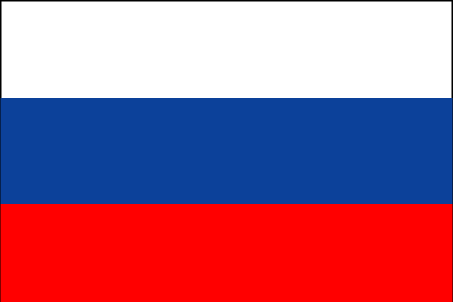On Jan. 1, 2016, Russia's new "right to be forgotten" (RTBF) law went into effect. The law is similar to the EU right to be forgotten, which requires search engines to remove links to web postings from searches of a person's name if the postings are old, false, or no longer relevant. Russia's law, however, does not allow removals of criminal convictions even if the terms of prison or punishment have been served. By contrast, the EU allows removals of links based on criminal convictions if, e.g., the country recognizes the expungement of the criminal record upon completion of the punishment. Russia's law is also different from the EU law in that Russia's law specifically sets a time period of 3 to 10 days for the search engine to respond to a RTBF request made by a person.
